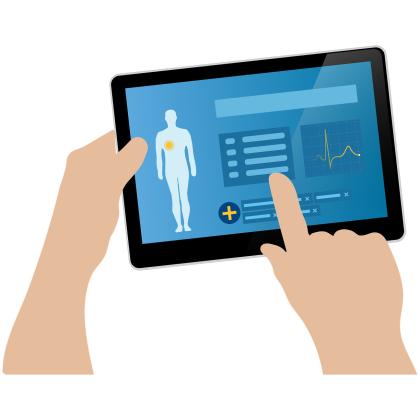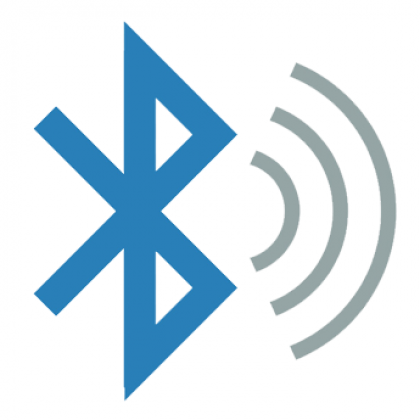Human Computer Interaction, User Experience, Computer Supported Cooperative Work
Investigating the use of computers to support individual use; and investigating the use of computers and networked technologies to support small-group and human-to-human communication and its impact on collaboration
Researchers Working in this Area
-
 Christopher LuegProfessor
Christopher LuegProfessor -
 Dong WangProfessor and Associate Dean for Research
Dong WangProfessor and Associate Dean for Research -
 Emily MaemuraAssistant Professor
Emily MaemuraAssistant Professor -
 Jessie ChinAssociate Professor
Jessie ChinAssociate Professor -
 Jodi SchneiderAffiliate Associate Professor
Jodi SchneiderAffiliate Associate Professor -
 JooYoung SeoAssistant Professor
JooYoung SeoAssistant Professor -
 Michael TwidaleProfessor and Interim Associate Dean for Faculty Affairs
Michael TwidaleProfessor and Interim Associate Dean for Faculty Affairs -
 Nigel BoschAssociate Professor
Nigel BoschAssociate Professor -
 Nitin VermaTeaching Assistant Professor
Nitin VermaTeaching Assistant Professor -
 Rachel AdlerAssociate Professor
Rachel AdlerAssociate Professor -
 Ramazan Yener
Ramazan Yener -
 Yang WangProfessor
Yang WangProfessor -
 Yildiz EsenerTeaching Assistant Professor
Yildiz EsenerTeaching Assistant Professor -
 Yun HuangAssociate Professor
Yun HuangAssociate Professor
















